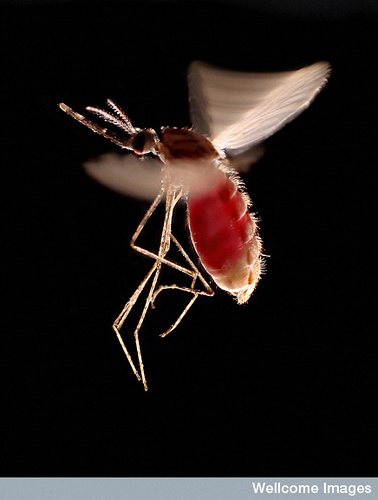Comparative Evaluation Study of Insecticidal Plants for the Control of Vector Mosquito Anopheles Stephensi
Aim of this work was to comparative study on larvicidal activity of insecticidal plants against malaria spreading mosquito Anopheles stephensi. The petroleum ether and chloroform extracts of Lantana camara showed highest larvicidal activity against the mosquito vector Anopheles stephensi in comparison to Toddalia asiatica.
The whole 15 pages article is available for download here.
Mosquitoes are one of the most medicinally significant vectors and they transmit parasites and pathogens, which continue to have devastating impact on human beings. Several numbers of species belonging to genera Anopheles, Culex, Aedes and vectors for the pathogens of various diseases like malaria, filariasis, Japanese encephalitis, Dengue, and yellow fever. Thus one of approaches for control of these mosquitoes borne diseases is the interruption of disease transmission by killing or preventing mosquito bites.
Herbal products which proven potential as insecticides or replicants can play an important role in the interruption of the transmission of mosquitoes borne diseases both at the individual and community level. However the discovery, development and use of synthetic organic insecticidal chemicals with persistent residual action not only over shadowed the use of herbal products as insecticides of choice against mosquitoes but also become the major weapon for mosquito control.
But the extensive use of synthetic organic insecticides during the last decades has resulted in environmental hazards and also in the development of physiological resistance in most vector species. This has necessitated the need for research and development of environmentally safe, biodegradable, low cost indigenous methods for vector control, which can be use with minimum care by individual and communities in specific situations.
The whole 15 pages article is available for download here.

